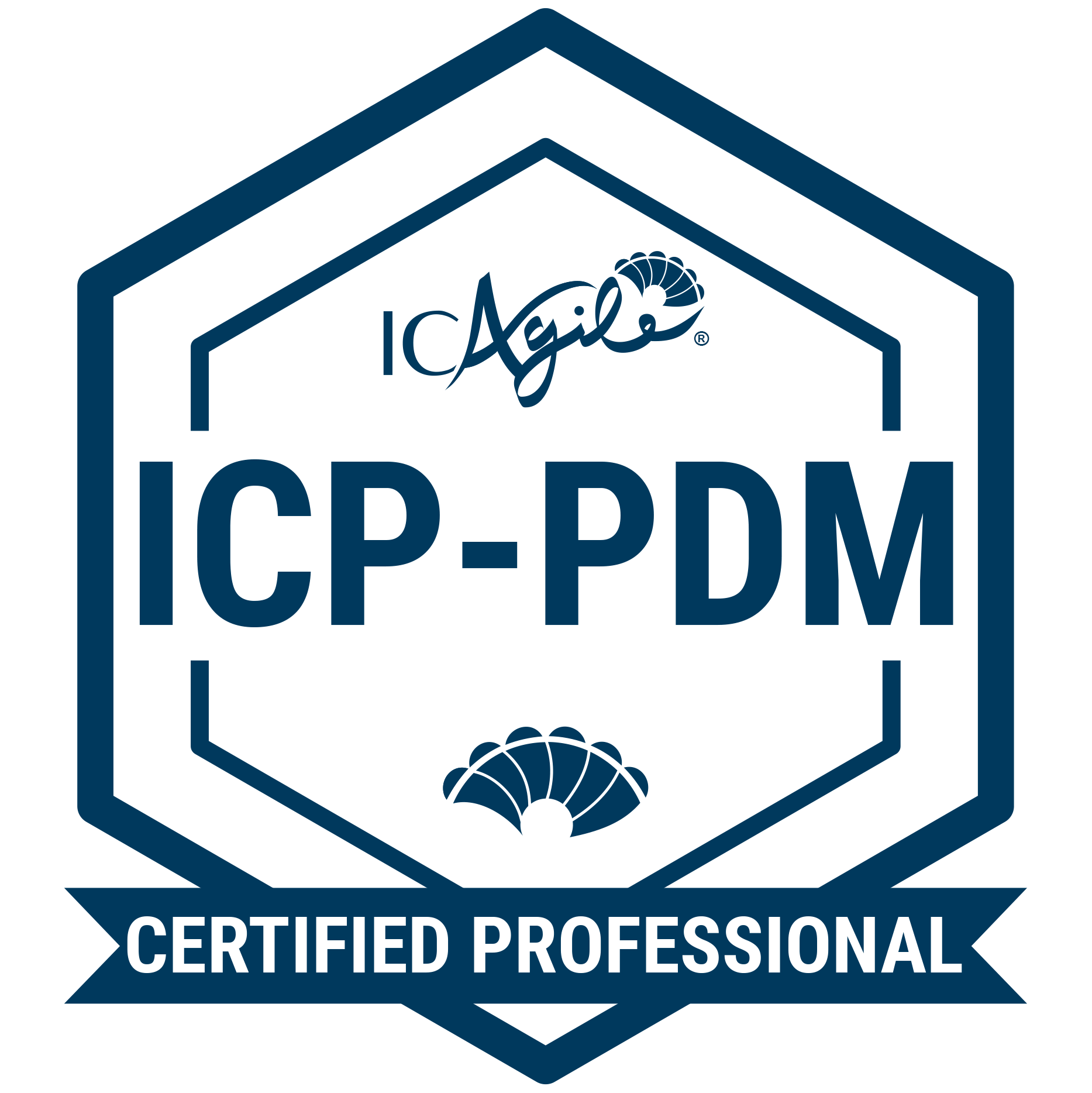Business analysis is the cornerstone of successful project delivery.
"Accurate information is critical for effective business analysis," Zelda explains.
Without a comprehensive analysis, understanding the specific processes at play becomes difficult, leaving you with only a superficial grasp of the requirements.
This ambiguity makes it difficult to pinpoint the actions needed to move forward. In contrast, a detailed business analysis sharpens these requirements, offering a clear and actionable path to successful outcomes.
Zelda underscores the necessity of asking the right questions during the business analysis phase. "When a client expresses a need or requirement, it’s essential to probe deeper to gather more information.
For example, if they mention the need for notifications, you should inquire about the frequency, the appearance, and whether visuals or images are required.
Clients may not consider these details initially, but as a business analyst, it’s your responsibility to ensure all relevant information is collected so the work can be executed effectively."*
Business analysis is pivotal in aligning projects with organizational goals, identifying risks, and enabling informed decision-making.
By conducting thorough requirements gathering and analysis, business analysts ensure that project objectives are clearly defined and understood by all stakeholders.
This clarity minimizes the risk of scope creep and helps deliver projects within the agreed timeline and budget.
Moreover, effective business analysis enhances stakeholder engagement and collaboration across project teams.

Looking to kickstart your career in business analysis? Enroll for ECBA which is ideal for beginners looking to start a career in business analysis.
Enroll Now!Key Phases in the Business Analysis Process
The business analysis process involves several essential phases that ensure a structured and comprehensive approach to project delivery. These phases include:
1. Planning and Scoping
-
Define project objectives.
-
Identify and engage stakeholders.
-
Establish the scope of the analysis.
-
Collaborate with project managers and stakeholders to create a clear roadmap for the analysis process.
2. Requirements Gathering and Analysis
-
Collect stakeholder information using interviews, workshops, and document analysis.
-
Analyze the gathered requirements to identify gaps or inconsistencies.
-
Prioritize requirements based on their impact on the project objectives.
3. Solution Design and Validation
-
Collaborate with technical teams to design and validate potential solutions.
-
Develop detailed functional and non-functional requirements.
-
Create prototypes and conduct user acceptance testing to ensure solutions meet business needs.
4. Solution Implementation and Evaluation
-
Work closely with the development team during solution implementation.
-
Monitor the implementation process to ensure alignment with the plan.
-
Evaluate the solution’s performance and make necessary adjustments or improvements to optimize its effectiveness.
Boost your skills with our Business Analysis Fundamentals Training at Agilemania. Learn core techniques, tools, and Agile practices to excel in your business analysis role.
Enroll Now!Conclusion
The well-defined phases of the business analysis process—requirements gathering, analysis, solution design, and implementation—ensure a methodical and thorough approach to achieving successful project outcomes.
In an era where organizations face increasingly complex and dynamic business landscapes, the importance of business analysis in project delivery is heightened.
By effectively utilizing business analysis, organizations can secure successful project results, mitigate risks, and enhance stakeholder satisfaction.
Equipped with the necessary skills, competencies, and tools, business analysts are pivotal in driving business transformation and fostering innovation.
Their expertise in identifying stakeholder needs, analyzing intricate business processes, and recommending effective solutions will be crucial in advancing the future of project delivery.
Have you ever thought about how Business Analysts work in Agile Scrum?
They play an important role in connecting stakeholders and developers. To learn more about what they do and how they help Agile teams, check out the blog!
Read More





























































































